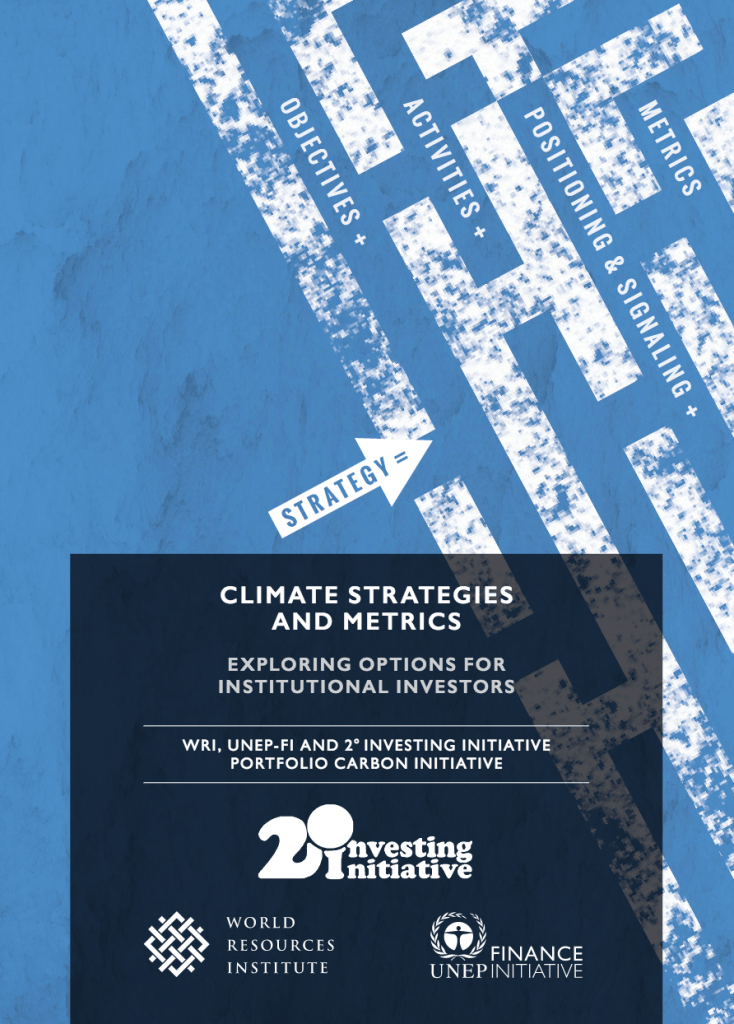An investor strategy for climate friendliness encompasses a set of activities, an approach for positioning and signaling, and the metrics to support the strategy as summarized in Fig.0.1. This report first distinguishes climate friendliness from carbon risk (Chapter 1). It then explores how investors can increase their climate friendliness by asset class (Chapter 2) and achieve a climate impact, defined as GHG emissions reductions in the real economy through positioning and signaling (Chapter 3). Finally, the report assesses the landscape of available metrics and their suitability for each strategy (Chapter 4) and concludes with a summary and possible future developments (Chapter 5).


